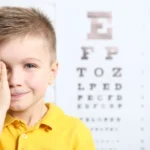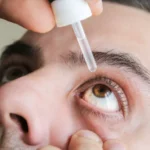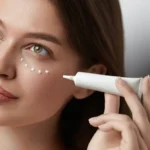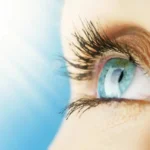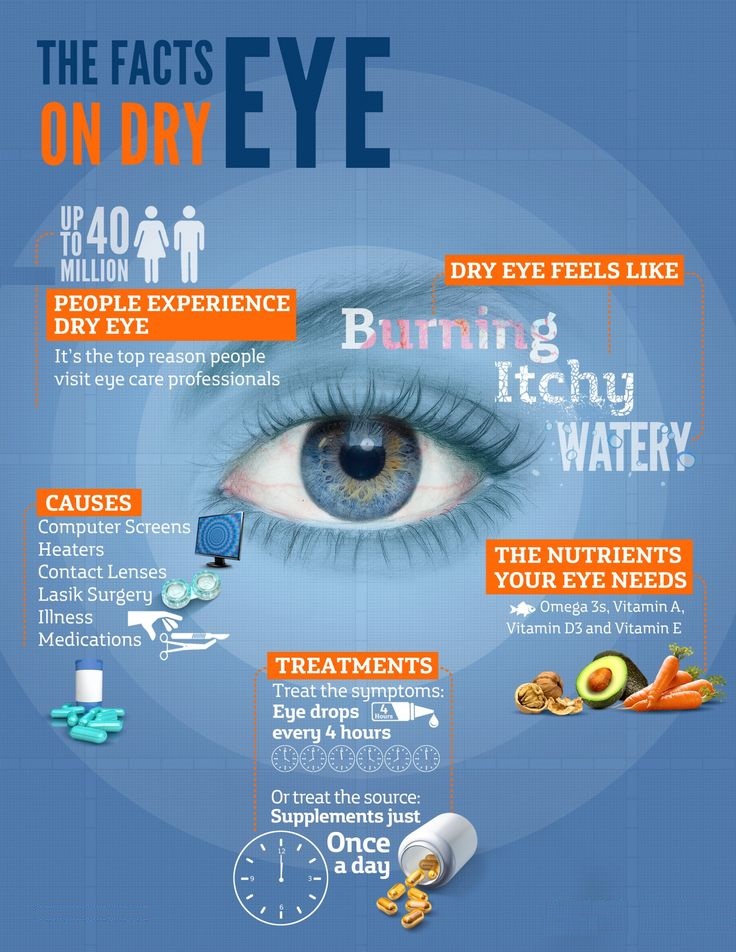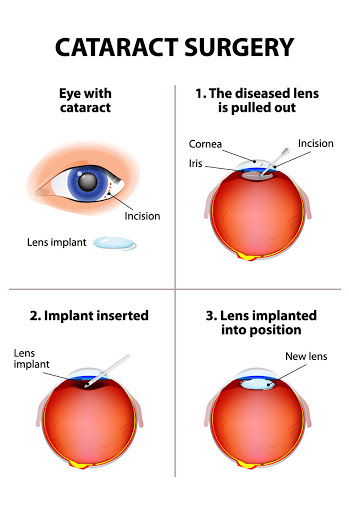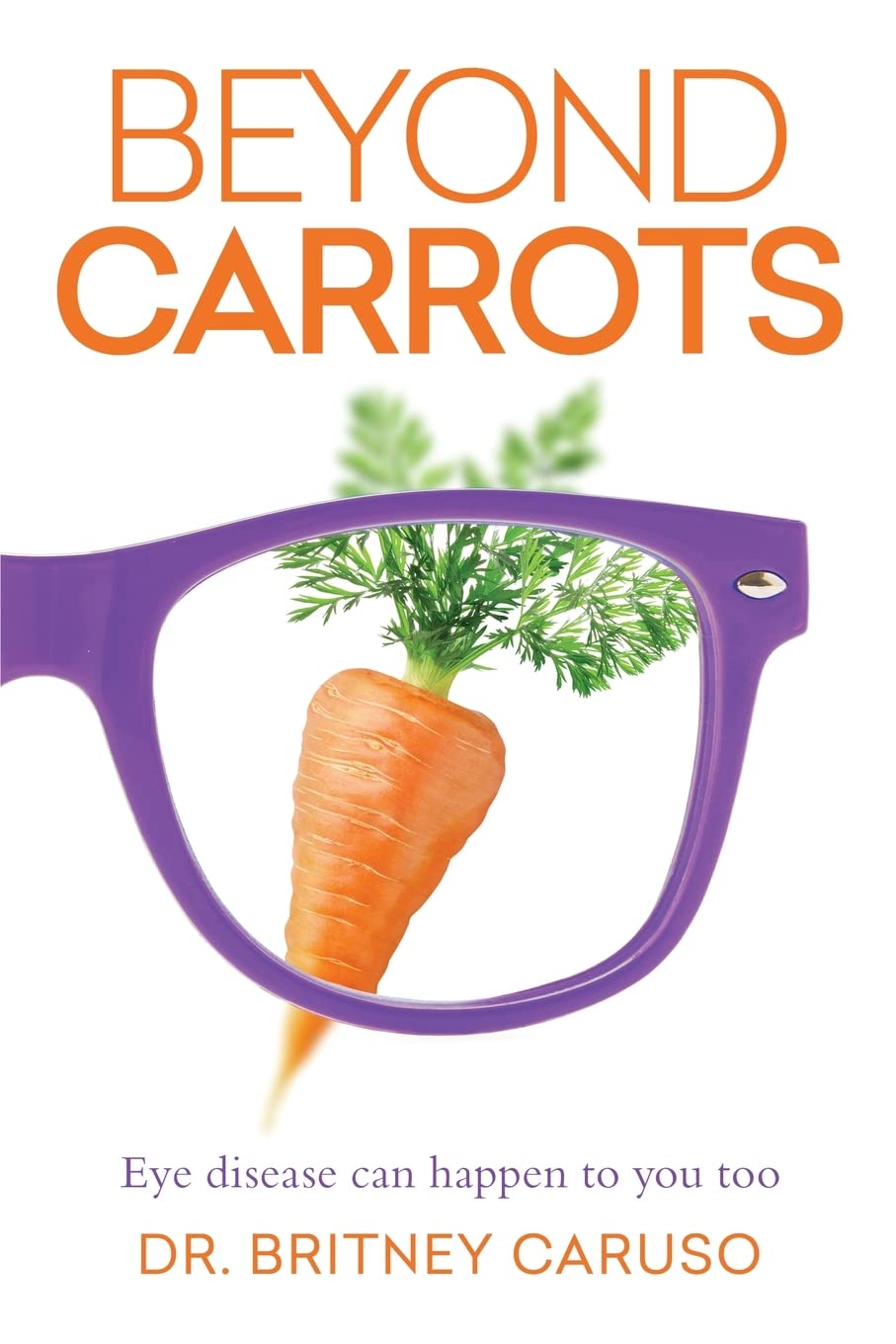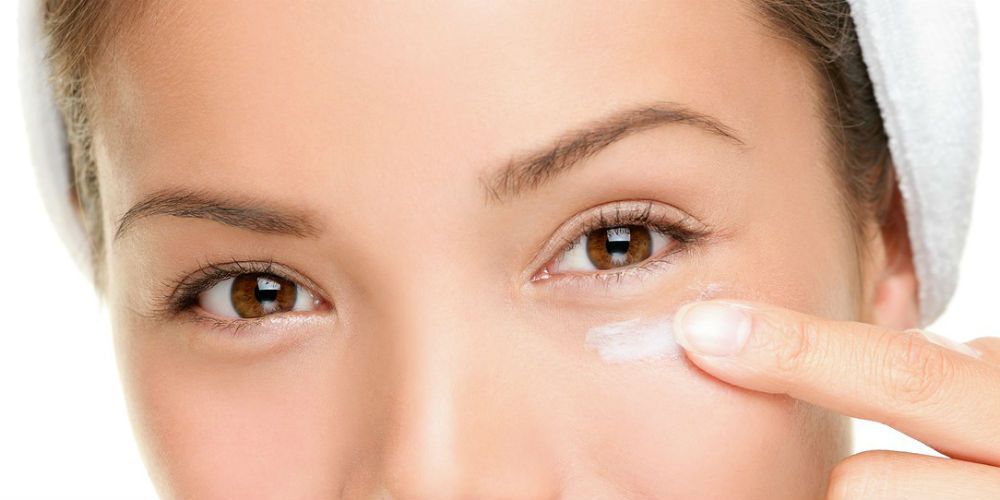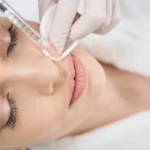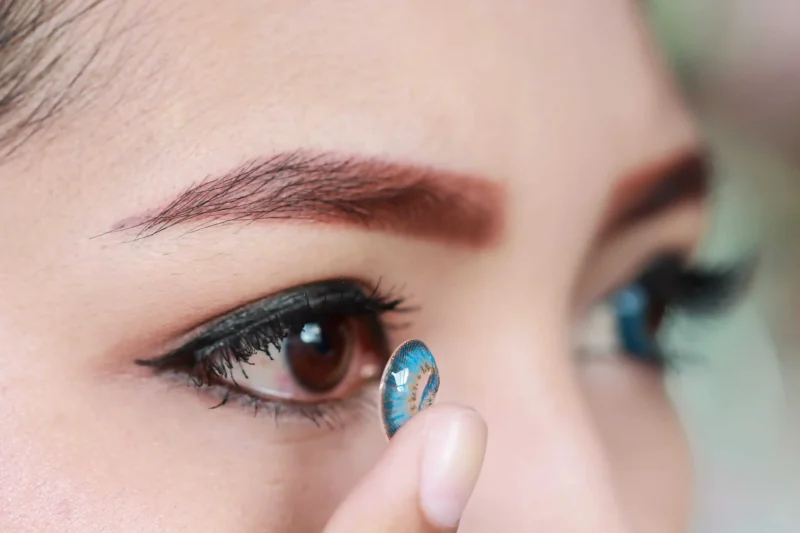
Content
Introduction: Understanding Dry Eyes and Contact Lenses
When it comes to managing dry eyes, selecting the right contact lenses is crucial. The best contact lenses for dry eyes are typically those that retain moisture and offer high oxygen permeability, such as silicone hydrogel lenses. These lenses help reduce dryness by ensuring that your eyes remain hydrated throughout the day, thereby minimizing discomfort and irritation.
Dry eye syndrome is a common condition where your eyes do not produce enough tears or the tears evaporate too quickly, leading to inflammation and irritation. Many contact lens wearers experience increased symptoms of dry eyes, which can make wearing lenses uncomfortable or even painful. However, advancements in contact lens technology have led to the development of lenses specifically designed to alleviate dryness, providing relief and comfort for those with dry eyes.
What Makes a Contact Lens Suitable for Dry Eyes?
To understand what makes certain contact lenses better for dry eyes, it’s essential to consider the materials and design of the lenses.
- Materials: Silicone Hydrogel vs. Traditional Hydrogel Lenses
- Silicone Hydrogel Lenses: These are highly recommended for dry eye sufferers because they allow more oxygen to pass through to the cornea, helping to maintain eye health and comfort. Their moisture-retaining properties make them a top choice.
- Traditional Hydrogel Lenses: While less breathable than silicone hydrogel lenses, some hydrogel lenses are designed with high water content, which can help maintain moisture on the eye’s surface.
- Moisture Retention and Oxygen Permeability
- Lenses that retain moisture effectively are crucial for those with dry eyes. Higher oxygen permeability ensures that the eyes remain healthy, reducing the risk of further irritation.
- Lens Design
- Contact lenses designed for dry eyes often have a smoother surface and a design that helps minimize friction between the eyelid and the lens, which can significantly reduce discomfort.
Top 5 Best Contact Lenses for Dry Eyes
- Best Daily Contacts for Dry Eyes
- Daily Disposable Lenses: Daily disposables are ideal for dry eyes because they are replaced daily, reducing the build-up of allergens and other debris that can exacerbate dryness. Notable options include:
- Acuvue Oasys 1-Day with HydraLuxe: Known for its tear-like properties, it provides a refreshing feel all day.
- Dailies Total1: Features a water gradient technology, ensuring the lens remains highly lubricated.
- Daily Disposable Lenses: Daily disposables are ideal for dry eyes because they are replaced daily, reducing the build-up of allergens and other debris that can exacerbate dryness. Notable options include:
- Best Monthly Contacts for Dry Eyes
- Monthly Lenses: These lenses are replaced less frequently, but certain brands incorporate advanced moisture-retaining technologies. Recommended options include:
- Biofinity: Offers Aquaform Technology, which keeps the lenses moist and comfortable.
- Bausch + Lomb ULTRA: Known for its MoistureSeal Technology that maintains 95% of its moisture for up to 16 hours.
- Monthly Lenses: These lenses are replaced less frequently, but certain brands incorporate advanced moisture-retaining technologies. Recommended options include:
- Best Contacts for Severe Dry Eyes
- For those with severe dry eyes, specialized lenses are often necessary:
- Proclear Lenses: These lenses are made with a unique material that attracts and retains water, making them suitable for those with significant dryness.
- Scleral Lenses: These large-diameter lenses vault over the cornea, trapping a reservoir of tears against the eye, providing substantial relief for severe dry eye cases.
- For those with severe dry eyes, specialized lenses are often necessary:
- Best Toric Contacts for Dry Eyes
- Toric Lenses for Astigmatism: People with astigmatism and dry eyes need lenses that correct vision while maintaining moisture:
- Acuvue Oasys for Astigmatism: These lenses combine the benefits of Hydraclear Plus Technology with stabilization features for astigmatism.
- Toric Lenses for Astigmatism: People with astigmatism and dry eyes need lenses that correct vision while maintaining moisture:
- Best Soft Contacts for Dry Eyes
- Soft Lenses: Soft lenses, especially those made from silicone hydrogel, are often more comfortable for dry eye sufferers than rigid lenses:
- Acuvue Vita: Known for its exceptional comfort throughout the month due to its innovative HydraMax Technology.
- Soft Lenses: Soft lenses, especially those made from silicone hydrogel, are often more comfortable for dry eye sufferers than rigid lenses:
Related Considerations: Contact Lens Solutions and Dry Eye Relief
- Best Contact Lens Solution for Dry Eyes
- Using the right contact lens solution is crucial for maintaining lens moisture. Look for solutions that are preservative-free and designed for sensitive eyes:
- Biotrue Multi-Purpose Solution: Matches the pH of healthy tears and helps retain moisture.
- Clear Care Plus: A hydrogen peroxide solution that cleans thoroughly and leaves lenses hydrated.
- Using the right contact lens solution is crucial for maintaining lens moisture. Look for solutions that are preservative-free and designed for sensitive eyes:
- Hydrating Contact Lenses for Dry Eyes
- Hydrating lenses are designed to enhance moisture retention:
- Air Optix Aqua: Known for its SmartShield Technology, which locks in moisture and prevents deposits.
- Acuvue Oasys with HydraLuxe: Mimics natural tears to provide continuous hydration.
- Hydrating lenses are designed to enhance moisture retention:
Can You Wear Contacts with Dry Eyes? Tips for Comfort and Care
Yes, you can wear contacts if you have dry eyes, but it requires careful selection and proper care. Here are some tips to enhance comfort:
- Proper Cleaning: Always use the recommended solution for your lenses to prevent build-up that can cause irritation.
- Use Lubricating Drops: Artificial tears or rewetting drops can provide additional moisture.
- Take Breaks: Give your eyes regular breaks from contact lenses, especially in environments that can exacerbate dryness, such as air-conditioned rooms.
- Stay Hydrated: Drinking plenty of water helps maintain overall eye moisture.
- Consult with an Eye Care Professional: Regular check-ups ensure that your lenses are the best fit for your eyes and that no complications arise.
How to Choose the Right Contacts for Your Dry Eyes?
- Assessing Your Dry Eye Severity
- The severity of your dry eye condition will dictate the type of contact lenses you should consider. For mild dryness, daily disposables might suffice, while severe cases may require more specialized options like scleral lenses.
- Consulting with an Eye Care Professional
- Your optometrist or ophthalmologist can guide you in choosing the most suitable lenses. They will consider factors such as your lifestyle, the severity of your dry eyes, and any other eye conditions like astigmatism.
Conclusion: Finding Relief with the Right Contact Lenses
Choosing the right contact lenses can significantly reduce the discomfort associated with dry eyes. By selecting lenses with advanced moisture-retention properties and ensuring proper eye care, you can enjoy the benefits of contact lenses without the frustration of dry eyes. Always consult with an eye care professional to find the best solution tailored to your specific needs. With the right approach, you can achieve both clear vision and comfortable, healthy eyes.
FAQ: Common Questions About Contacts and Dry Eyes
Why Do Contacts Make My Eyes Dry?
Contact lenses can disrupt the natural tear film, leading to dryness. Environmental factors, such as low humidity, and the lens material can also contribute to this issue.
Are There Contacts That Help with Dry Eyes?
Yes, many lenses are specifically designed to combat dryness. These lenses typically have higher moisture content and are made from materials that allow for better oxygen transmission.
How to Keep Your Eyes Moist While Wearing Contacts?
Use lubricating eye drops, maintain good hygiene, and ensure that your lenses are the correct fit and material for your eyes. Avoid environments that dry out your eyes, such as air-conditioned rooms or windy outdoor areas.

Alina Smith is a health blog author with an interest in the intersection of wellness and mental health. She’s worked as a writer, editor, and communications specialist for various healthcare organizations. Alina has also led projects to improve access to care for underserved populations in both rural and urban settings.

